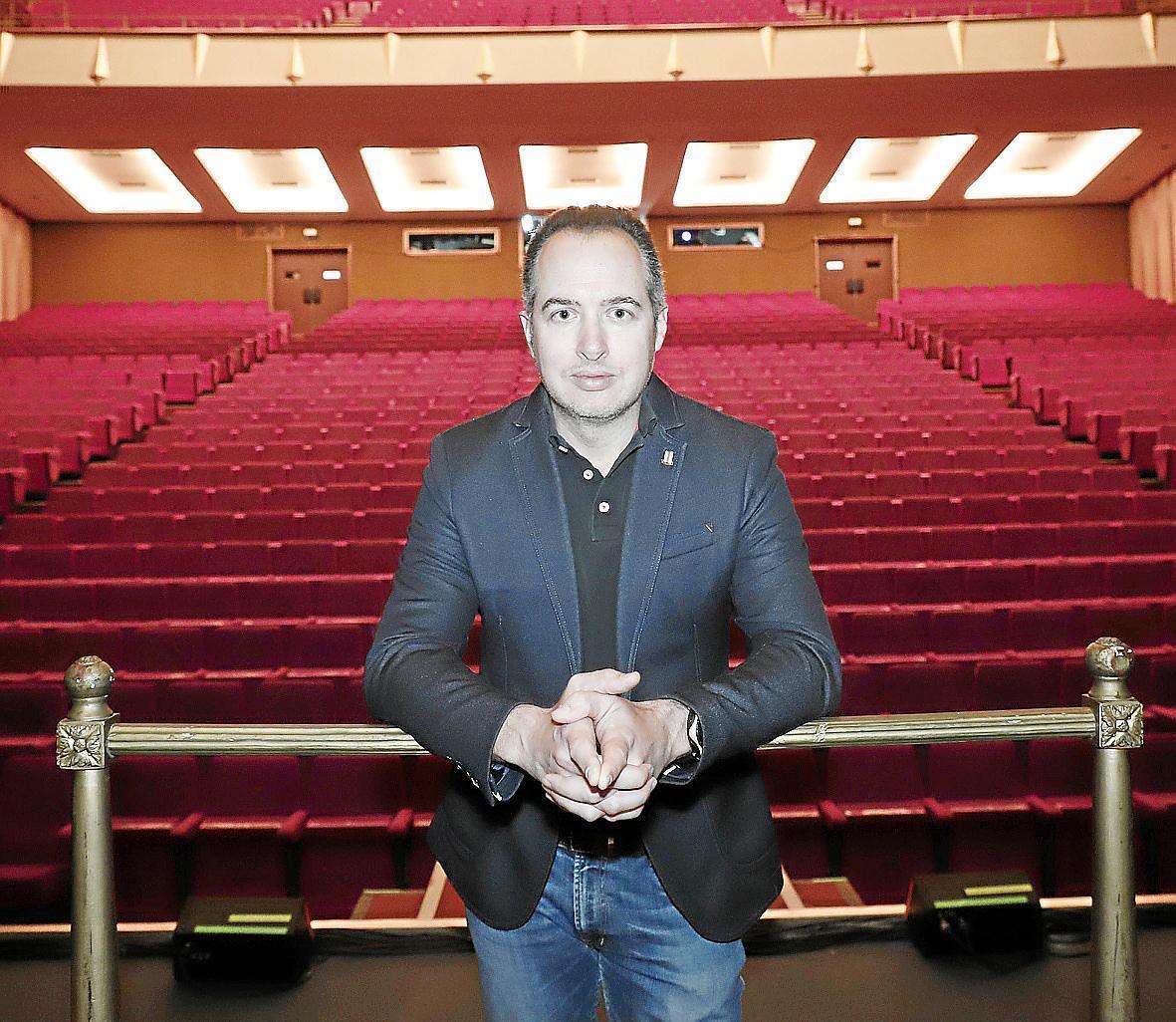Entertainment
Auditorium director critical of public funding of theatres

Marcos Ferragut, director of Palma Auditorium. | Jaume Morey
Palma24/05/2019 19:13
Last night's gala benefit concert at Palma Auditorium was a major event to celebrate the fiftieth anniversary of what at the time was the first auditorium of its kind in the whole of Spain.
Also in News
- Mallorca beaches at Soller and Andratx covered by thousands of 'little sails'
- The first signs of summer in Mallorca
- The stickers on signs in Mallorca's mountains
- New train service will have 10 kilometre underground section, linked with Palma airport
- Mallorca hoteliers president: Tourism is being used as "a punchbag"
